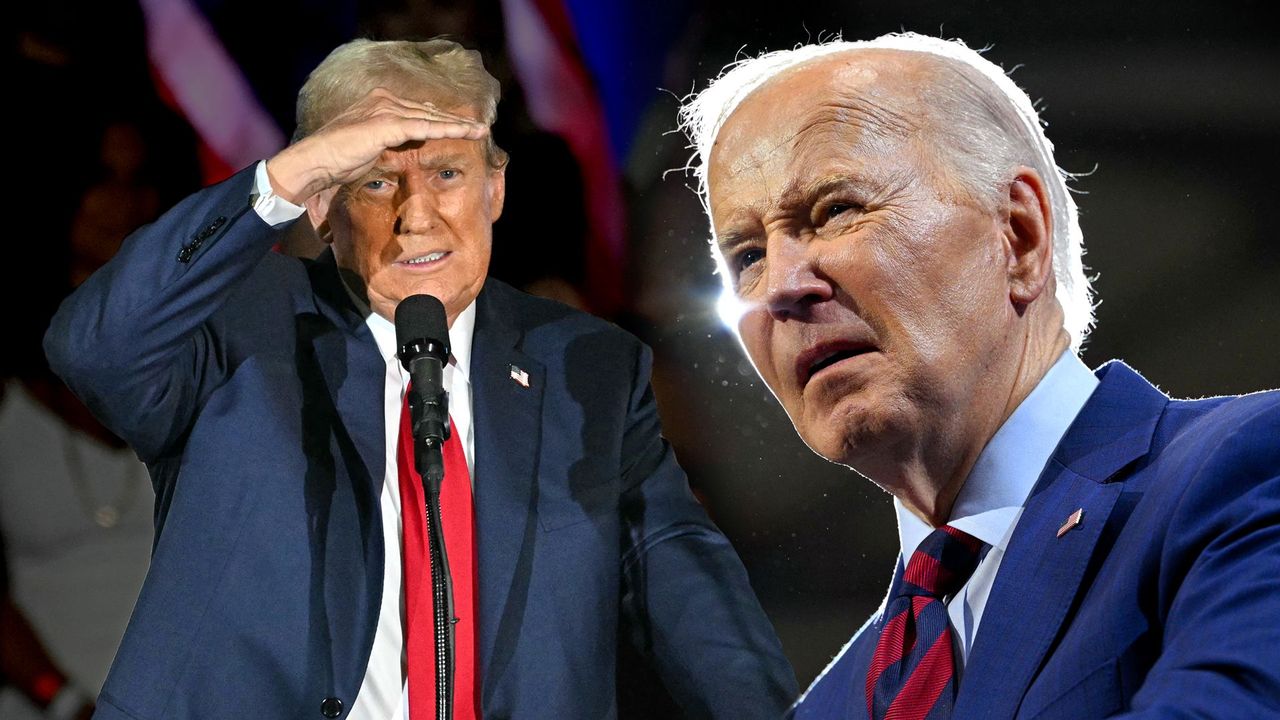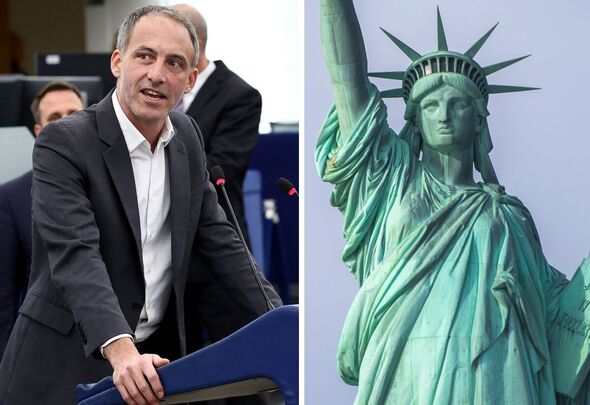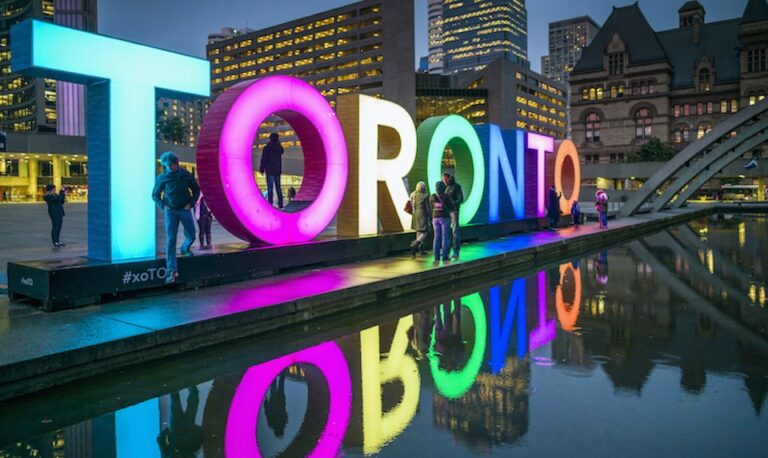
From the U.S. to Europe and beyond, world leaders are getting older, and younger politicians struggle to break into the highest levels of government. While experience is essential in leadership, the overwhelming dominance of aging politicians raises concerns about political stagnation, outdated decision-making, and a lack of representation for younger generations.
Why are the same aging politicians holding power for decades? Is it because of experience, or is there a systemic barrier preventing younger candidates from rising? In this article, we’ll explore the reasons behind the political leadership crisis, its consequences, and what the future might hold.
1. The Increasing Age of World Leaders
In many democracies, the average age of top political leaders has risen significantly. Consider these examples:
- Joe Biden (U.S.) – Became president at 78, the oldest in American history.
- Donald Trump – Seeking re-election at 78 in 2024.
- Nancy Pelosi, Mitch McConnell, and other top U.S. lawmakers – Many serving well into their 80s.
- European Leaders – While some younger politicians emerge, many key figures remain well past retirement age.
The dominance of old politicians in power isn’t just a U.S. issue—it’s a global trend.
2. Why Do Older Politicians Stay in Power?
Several factors contribute to the continued rule of aging politicians, including:
A. Political Incumbency Advantage
- Established politicians have name recognition, donor networks, and media access that make it difficult for younger candidates to compete.
- Incumbents often redraw districts and change laws to favor their re-election.
B. Lack of Political Youth Representation
- Younger politicians struggle to secure party nominations due to internal hierarchies.
- High campaign costs discourage younger, less wealthy candidates from running.
C. Fear of Change and Risk-Averse Voters
- Many voters associate experience with stability, preferring aging politicians over fresh faces.
- Media narratives often portray younger politicians as inexperienced or radical.
3. The Consequences of an Aging Political Elite
The political leadership crisis caused by aging politicians has far-reaching consequences:
A. Outdated Policies and Resistance to Innovation
- Older leaders may lack understanding of modern issues such as climate change, artificial intelligence, and digital economies.
- Resistance to progressive reforms, including student debt relief and modern labor laws, impacts younger generations disproportionately.
B. Widening Generational Divide
- Younger voters feel disconnected from their leaders, reducing political engagement.
- Issues like affordable housing, employment policies, and technological adaptation are often overlooked.
C. Physical and Cognitive Decline in Leadership
- Advanced age increases risks of health issues, cognitive decline, and lack of adaptability.
- Transparency concerns rise when aging leaders rely on unelected aides to make decisions.
4. Why Young Politicians Struggle to Break In
Despite increasing calls for change, young politicians face systemic barriers, such as:
- Party Loyalty and Seniority Systems: Most political parties prioritize long-term members over newcomers.
- Lack of Financial Backing: Young candidates struggle to attract major donors compared to career politicians.
- Media Bias: Older leaders are often portrayed as experienced, while young candidates face scrutiny over their “lack of experience.”
Countries like France, Finland, and New Zealand have elected younger leaders, but these cases remain exceptions rather than the norm.
5. Is a Political Shift Coming?
With growing dissatisfaction among younger generations, change might be on the horizon. Signs of a shift include:
- Rising Youth Movements – Activist-driven political engagement is increasing worldwide.
- Social Media Influence – Younger politicians leverage digital platforms to connect directly with voters, bypassing traditional media.
- Public Demand for Term Limits and Age Restrictions – Some countries are debating mandatory retirement ages for politicians.
However, for true change to occur, systemic reforms are necessary to make politics more accessible to younger generations.
Conclusion
The dominance of aging politicians presents a growing political leadership crisis. While experience is valuable, a lack of generational diversity in leadership risks stagnation and disconnection from modern challenges.
If the system does not adapt to allow younger politicians into leadership roles, democracy itself may suffer. Will we see a new generation of leaders rise, or will old politicians in power continue to dictate the future? The answer depends on how societies respond to this generational imbalance. 🏛️⚖️






